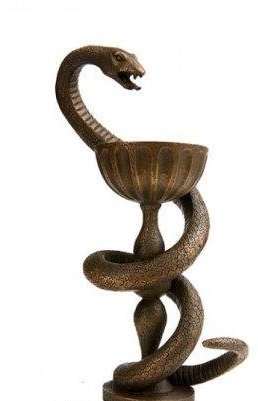Sleep apnea is a condition when you stop breathing for a short interval repeatedly during sleep. Apnea means “Without Breath” in Greek; the word aptly describes the condition of patients suffering from sleep apnea. You may have breathing difficulty while sleeping, which may break your sleep also. Sleep apnea may cause high blood pressure, chances of stroke, impotence etc. This may seem a simple snoring disease, but it can be extremely harmful and should never be neglected.
Symptoms of sleep apnea:
These are some of the common symptoms of sleep apnea, though they may vary from person to person:
• Tendency to sleep more during the day.
• Interrupted snoring with periods of improper breathing.
• A small or recessed jaw.
• Obesity.
• A very tired feeling in the morning.
• Gasping or snoring respirations in the night.
• Unexplained right side heart or respiratory failure.
• Memory or concentration problems.
• Excessive snoring at night.
Types of apnea:
There are basically three types of apnea:
Obstructive sleep apnea: This is the most common, with 9 out of 10 cases of apnea coming under this category. It is often incorrectly called Pickwick Syndrome. Here, repetitive episodes of upper airway obstruction occur during sleep, which is generally associated with a reduction in blood oxygen saturation. The obstruction may be excess tissue in the airway, large tonsils, or a large tongue. Another site of obstruction can be the nasal passages.
Central sleep apnea: This is not very common. This is related to the function of the central nervous system. The muscles that you use to breathe don’t get a clear signal from the brain, thus causing this problem. Either the brain doesn’t send the signal, or the signal gets interrupted.
Mixed apnea: This is a combination of central and obstructive apnea. The most affected people are infants or young children, who have abnormal control of breathing. Mixed apnea may occur when a child is awake or asleep.
Snoring is another symptom of sleep apnea. It is the loud, rough rattling noise that you make while sleeping, caused when the soft palate and uvula vibrates. Snoring is believed to occur in anywhere from 30% of women to over 40% of men. When snoring is interrupted by frequent episodes of totally obstructed breathing, it is known as Obstructive Sleep Apnea.
Treatments:
Sleep apnea can be cured by the following methods:
• Losing weight.
• Cutting down on alcohol.
• Using Nasal Dilator strips.
• Using dental appliances to prevent tongue from falling back.
• Surgery – Tracheostomy, Uvulopalatopharyngoplasty, Mandibular Myotomy, Laser Assisted Uvuloplasty, Laup Radio Frequency (RF) Procedure or Somnoplasty.
• Palatoplasty – stiffening of the palate using surgery or injection.
• Using special pillows or devices to keep the airway open during sleep.
• Using a CPAP mask.
• Adjust your sleeping position, which might alleviate snoring.

